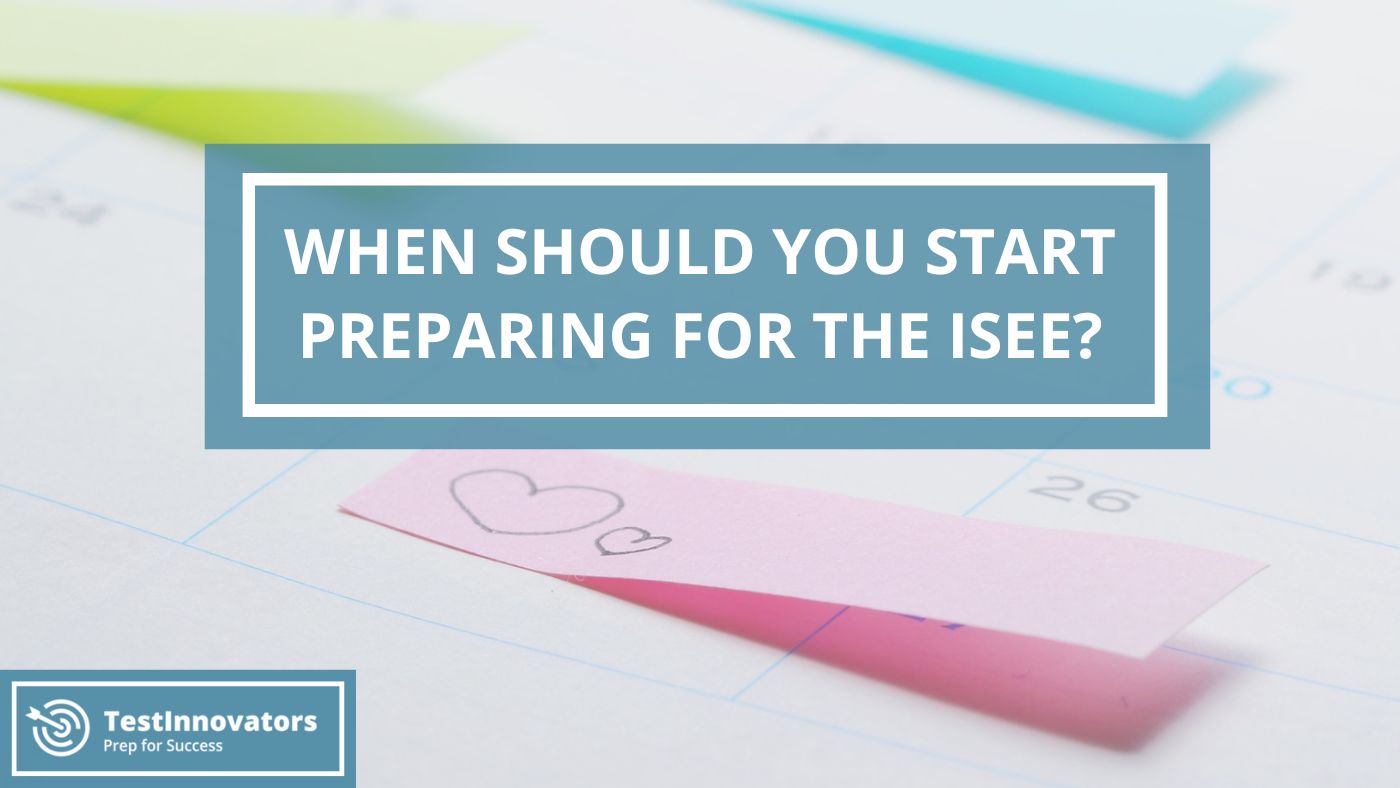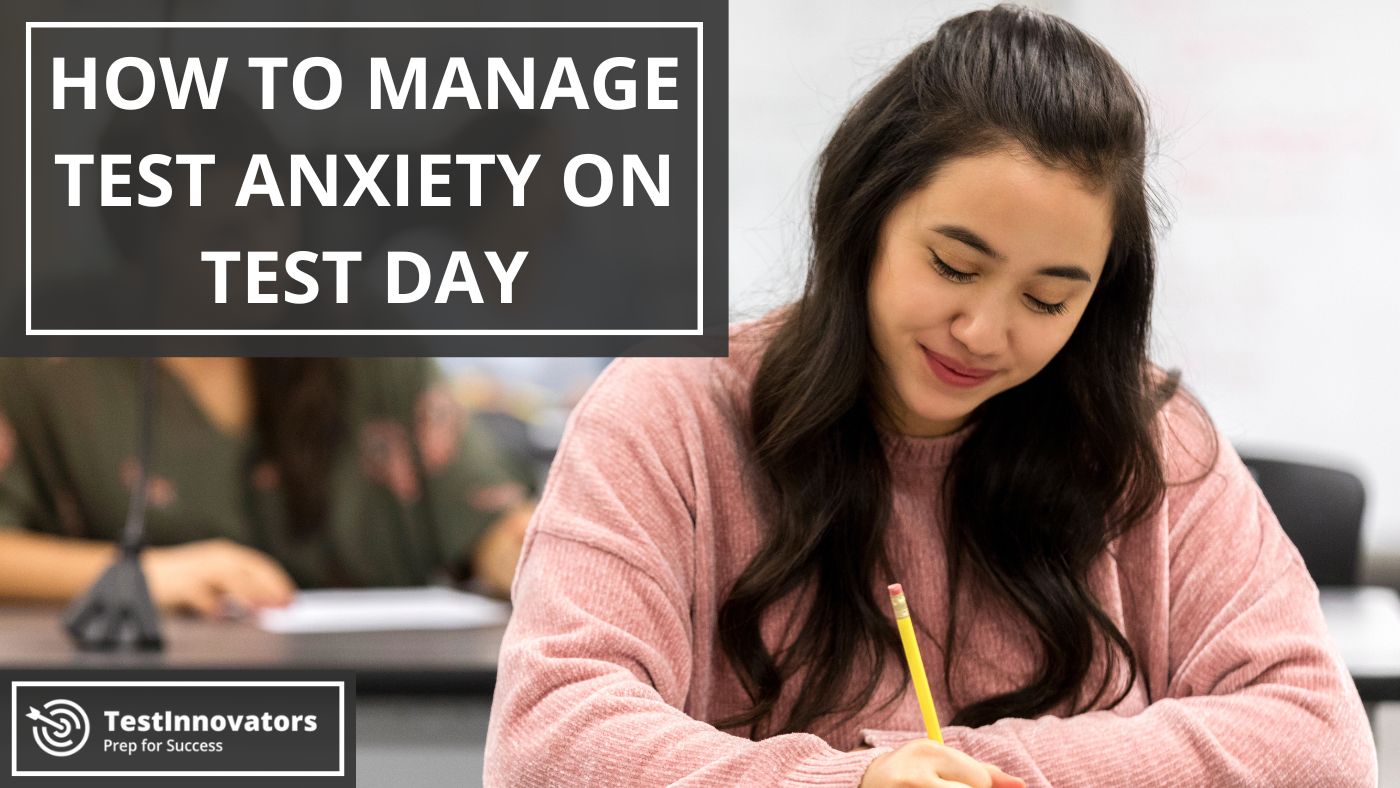ISEE Verbal Reasoning
Nora Martin2024-09-05T10:33:29-07:00The Verbal Reasoning section of the ISEE is designed to assess vocabulary, including the ability to identify synonyms and complete sentences with missing parts.
Fast Facts
- First and shortest section of the ISEE
- Lower Level: 20 minutes with 34 questions
- Middle and Upper Levels: 20 minutes with 40 questions
- Made up of two question types
- Synonym questions
- Sentence completion questions
- All questions types are multiple-choice
Question Types
Synonym
Synonym questions require you to look at a given word and decide which of the four answer choices mostly closely resembles the meaning of that word. Take a look at the example problem below. The correct answer is in bold.
- SUCCINCT:
- Successful
- Brief
- Doubtful
- Haphazard
Sentence Completion
For the sentence completion questions, you are provided with a sentence that includes a blank, and it’s your job to decide which answer choice best completes the sentence.
It’s important to note that the sentence completion question types vary slightly by level. Lower Level students are expected to answer questions with an entire phrase missing in addition to questions with only a single word missing. Upper Level students are given sentences that include both one and two blanks.
Below are example question for all three types of sentence completions. The correct answers are bold.
- One-blank (found on every level)
The textbooks were so well written, organized, and illustrated that the students found them quite ____.
A. agreeable
B. confusing
C. humorous
D. daunting
- Two-blank (found only on Upper Level)
Despite the exceedingly early hour of the class, the students were as ____ and ____ as in the afternoon.
A. fair . . . presumptuous
B. mundane . . . vivacious
C. loud . . . rambunctious
D. muscled . . . concerned
- Phrase-blank (found only on Lower Level)
While many of Mr. Walter’s neighbors found him to be gruff and inconsiderate, ______.
A. he was adored by the neighborhood children.
B. he often refused to speak to them.
C. he rarely left his home.
D. he never volunteered to host the neighborhood block party.
Study Strategies
Study your vocabulary. When it comes to the Verbal Reasoning section, you can never know too many words! Spending just 10-15 minutes each day studying vocabulary can lead to incredible results.
- Flashcards are a great way to study vocabulary, especially when you’re on the go. Take your flashcards with you wherever you go, so that you can sneak in a few words on your ride to school, while you’re waiting at the dentist office, or any other time that you have a few spare minutes.
- Virtual flashcards are a fun way to study vocabulary. We put together interactive Quizlet sets that you can access for free here.
Study root words
Studying root words can help you figure out the meanings of unfamiliar words and draw connections between them on test day. Check out our common root words to know Quizlet set to get started.
Testing Strategies
Come up with your own answer first. After you read the question, try to think of your own answer before looking at the answer choices. This will prevent you from being swayed by incorrect options.
Break unfamiliar words apart. If you encounter a word that you’ve never seen before, try breaking it down into smaller parts. Knowing common roots, prefixes, and suffixes can help you determine the meaning of a word, even if it’s brand new to you.
Be sure to check out How to Ace the Verbal Reasoning Section of the ISEE for additional tips and more in-depth explanations. If you’re looking for a challenge, you can also try to solve one of the hardest ISEE Verbal Reasoning problems.
Interested in learning about the other sections of the ISEE? Check these posts!
Originally published on August 7th, 2014. Updated on September 5th, 2024.







